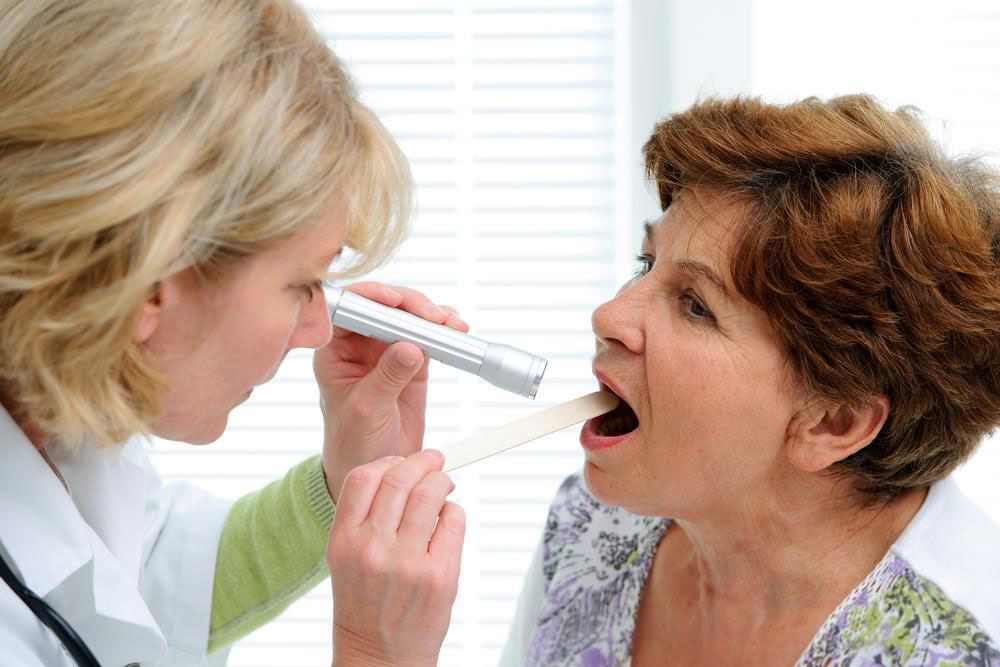Comprehensive Guide to Recognizing the Signs and Symptoms of Mouth Cancer
This comprehensive guide delves into the critical signs and symptoms of mouth cancer, emphasizing the importance of early detection. Recognizing persistent sores, unusual patches, and other symptoms can lead to prompt medical intervention, significantly improving prognosis. The article covers key indicators and offers practical advice on when to seek professional help, helping readers understand how to protect themselves against this serious disease and ensuring timely Diagnosis for better treatment success.

Essential Symptoms and Indicators of Mouth Cancer You Should Know
Mouth cancer, also known as oral cavity cancer, is a serious condition that can develop without obvious initial symptoms. Recognizing the early warning signs is critical for prompt diagnosis and effective treatment. This in-depth guide will help you understand the key indicators to watch for, including persistent sores, unusual patches, and other common symptoms that may point to mouth cancer. Early detection not only improves treatment success rates but also significantly enhances quality of life and prognosis.
Mouth cancer originates from the flat squamous cells lining the lips, inside the cheeks, gums, tongue, and roof or floor of the mouth. These cells can undergo DNA mutations due to factors like tobacco use, alcohol consumption, HPV infection, and excessive sun exposure. When these mutations occur, abnormal cell growth can lead to tumors that may invade nearby tissues or spread (metastasize) to other parts of the body. Recognizing early symptoms remains crucial for timely medical intervention, which can drastically improve outcomes.
Understanding the specific signs to look out for can facilitate early detection. Below are detailed descriptions of symptoms that should prompt immediate consultation with a healthcare provider:
Persistent Mouth Sores: Ulcers or ulcers that last longer than two weeks without healing are a common early warning. While ulcers are often caused by minor injuries, a sore that persists warrants further examination to exclude precancerous or cancerous changes.
Unusual Halitosis (Bad Breath): Continuous, unexplained bad breath that doesn’t improve after routine oral hygiene strategies could indicate underlying oral issues, including early stages of mouth cancer.
Unexplained Discomfort or Pain: Persistent soreness or pain in the jaw, cheeks, or ear region often signals underlying pathology. If pain is coupled with jaw stiffness, difficulty opening the mouth, or swelling, seek professional assessment immediately.
White or Red Patches in the Mouth: Leukoplakia (white patches) and erythroplakia (red patches) are abnormal lesions that do not heal naturally and may develop into malignant tumors if left untreated. Monitoring these patches and seeking medical advice is vital.
Difficulty Swallowing or Chewing: Burning sensation, choking incidents, or difficulty in swallowing food can reflect tumor growth affecting the throat or tongue. These symptoms should never be ignored.
Speech Changes and Voice Alterations: Hoarseness, slurred speech, or voice changes can be signs of tumor involvement near the vocal cords, especially when persistent.
Lymph Node Swelling in the Neck: Enlarged or tender lymph nodes, particularly those in the neck, can indicate metastasis or infection. Any persistent swelling should be evaluated by a specialist.
Visible Lumps or Growths in the Mouth: Any new growths, bumps, or lumps on the gums, tongue, cheeks, or palate should be assessed promptly by a healthcare professional.
Numbness or Loss of Sensation: Sensory changes, such as numbness, tingling, or numbness in the lips, tongue, or inside the mouth, may suggest nerve invasion by a tumor.
Sore Throat or Unexplained Throat Pain: A sore throat that persists beyond a couple of weeks and does not respond to typical treatments could be a sign of mouth or throat cancer.
Additional Warning Signs: Sudden tooth loss without any apparent dental reason, ear pain, thickened tissues in the mouth, inability to move the jaw properly, or unusual bleeding are important symptoms that warrant prompt medical evaluation.
If you notice any of these symptoms, it is essential to seek medical advice immediately. Early diagnosis significantly enhances the chances of successful treatment and recovery. Do not dismiss persistent or unusual oral symptoms, as ignoring these signs may allow the disease to advance, making treatment more complicated and reducing survival chances. Regular dental check-ups can also help in early detection of oral abnormalities, especially for individuals at higher risk.
Prevention is equally important. Limiting risk factors such as tobacco use, excessive alcohol consumption, and protecting oneself from prolonged sun exposure can reduce the likelihood of developing mouth cancer. Maintaining good oral hygiene and attending routine dental examinations are effective strategies for early detection and prevention.
In conclusion, awareness of the signs and symptoms associated with mouth cancer plays a vital role in early intervention. If you experience any of these warning signs, seek professional medical evaluation without delay. Early detection saves lives and improves overall treatment outcomes.





